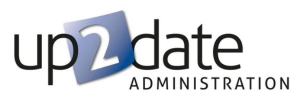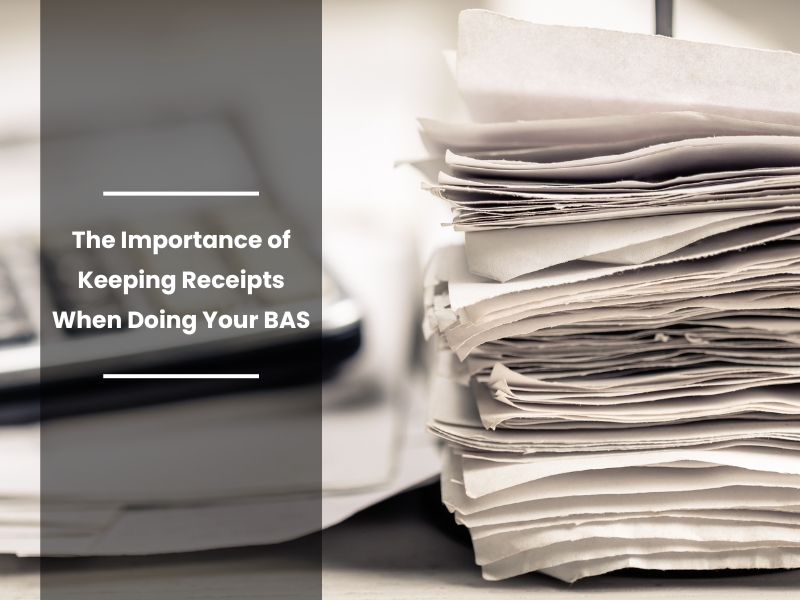If you’re a business owner registered for GST in Australia, lodging your BAS (Business Activity
Statement) is a regular and necessary task. While it may seem tedious, one of the most crucial
habits you can develop to make BAS preparation easier and more accurate is keeping your receipts.
Here’s why those little pieces of paper-and their digital counterparts-are so important:
1. Proof of GST Claims
To claim GST credits on your BAS, the ATO requires you to have valid tax invoices or receipts for any business purchases over $82.50 (including GST). Without a proper receipt, you may not be able to substantiate your claim in the event of an audit. This means you could lose the credit and possibly face penalties.
2. Accurate Expense Tracking
Receipts help ensure your bookkeeping is accurate. They confirm what was purchased, how much GST was included, and when the purchase was made. This detail is essential not just for GST reporting, but also for income tax deductions and budgeting purposes.
3. Audit Protection
The ATO can request to see records up to five years after you lodge a BAS. If you’re audited, having clear, organised receipts gives you peace of mind and helps you avoid unnecessary stress, penalties, or the risk of having to repay GST credits.
4. Separation of Business and Personal Expenses
It’s common for small business owners to mix personal and business purchases, especially when using the same card. Receipts help identify which expenses are truly business-related, so you only claim what you’re entitled to.
5. Digital is OK – and Encouraged!
You don’t have to keep shoeboxes full of paper receipts. The ATO accepts digital copies, as long as they’re clear, accurate, and easily accessible. Many accounting software platforms and apps allow you to snap a photo of a receipt and attach it directly to a transaction, streamlining your record-keeping.
Tips for Staying on Top of Receipts:
– Use an app like Hubdoc, Dext, or your accounting software’s mobile app to capture receipts on the go.
– Set aside regular time each week to reconcile and upload your receipts.
– Ask suppliers for emailed tax invoices where possible.
– Don’t wait until BAS time-manage receipts consistently to avoid a last-minute scramble.
In Summary:
Receipts are more than just paperwork-they’re your evidence and protection when preparing your BAS. By keeping accurate, complete records, you’ll make the process smoother, ensure compliance, and put your business in a stronger financial position.
Need help staying on top of your BAS obligations? At Up2Date Administration, we specialise in helping businesses keep their books compliant and stress-free. Get in touch today!

